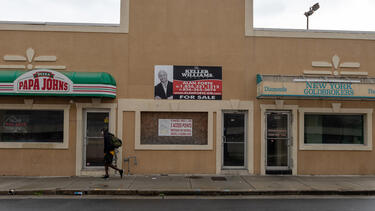Faculty Viewpoints
Video: Why You Should Care about Antitrust
We asked Prof. Fiona Scott Morton, former chief economist for the Justice Department’s Antitrust Division and the founder of the Thurman Arnold Project at Yale, to explain why antitrust violations are bad for consumers and how the government can respond.

Rational Order from ‘Irrational’ Actions
Prof. Shyam Sunder outlines a strain of research, drawing on complexity theory, that suggests that outcomes of a social system can be rational even if its individual participants are not rational.

Getting Corporate Diversity Programs Wrong
Yale SOM leadership expert Jeffrey Sonnenfeld, who studied a previous wave of diversity initiatives, describes how such well-intentioned initiatives can go awry—and how to get them back on track.
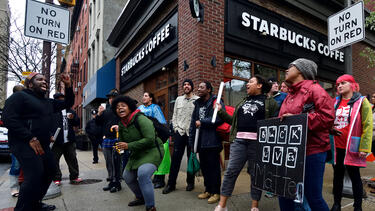
In Defense of (Mathematical) Models
Epidemiological models have played an influential role in governments’ responses to the COVID-19 pandemic. Yale SOM’s Edieal Pinker takes a look back at one of the most influential models and argues that such rigorous efforts at understanding the likely course of the disease, while imperfect, are critical to good decision making.
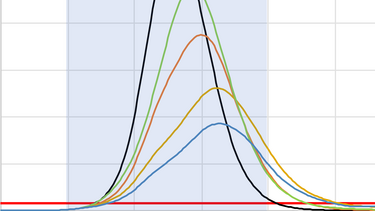
What’s the Path to Equity in Health?
We talked to Dr. Marcella Nunez-Smith, a Yale internist and an expert on the structural barriers to equitable treatment and health outcomes for people of color and other vulnerable populations.

Seeking Scalable Solutions to Poverty
Prof. Mushfiq Mobarak describes the arc of his research on scalable, evidence-based policy responses to poverty and how existing research tools have been applied to fight COVID.
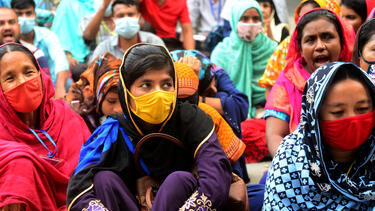
On COVID-19 Vaccines, Big Pharma Knows to Just Say ‘No’
In the face of pressure from President Donald Trump, nine major pharmaceutical companies have signed a pledge to complete testing before submitting vaccines for approval. Yale's Jeffrey Sonnenfeld and Dr. Albert Ko write that the drugmakers’ caution may help provide badly needed confidence in the eventual vaccine.
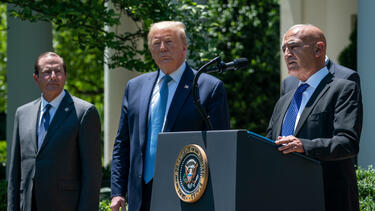
Rethinking Police Organizations
Prof. Rodrigo Canales has spent his career investigating how to transform the institutions that shape our lives. Effective police reform, he says, begins with shifting the focus from deterring crime to helping the whole community feel safe.

Holding Up a Mirror to the First Global Stock Bubble
Yale SOM’s William Goetzmann, an expert in art and finance history, showed us satirical prints documenting the first global stock bubble, three centuries ago.
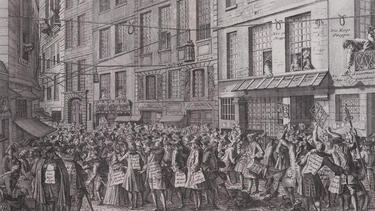
Can Government Contain the Economic Crisis?
Prof. Andrew Metrick, director of the Yale Program on Financial Stability, says that fighting a crisis is different from economic policymaking in normal times; governments need to be exceptionally generous and not get bogged down in stringent processes that keep money from getting to those in need.
